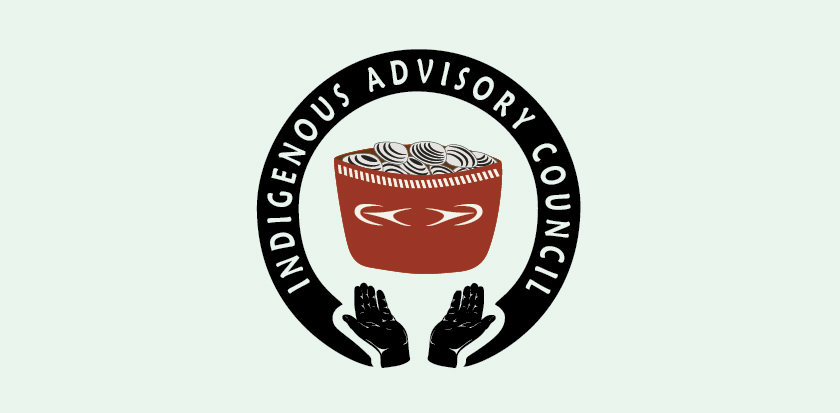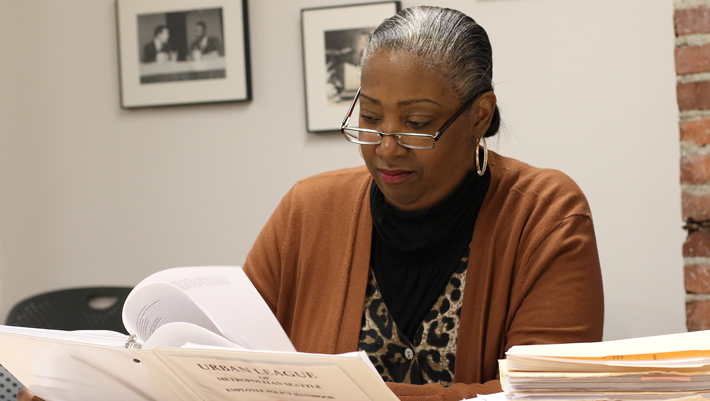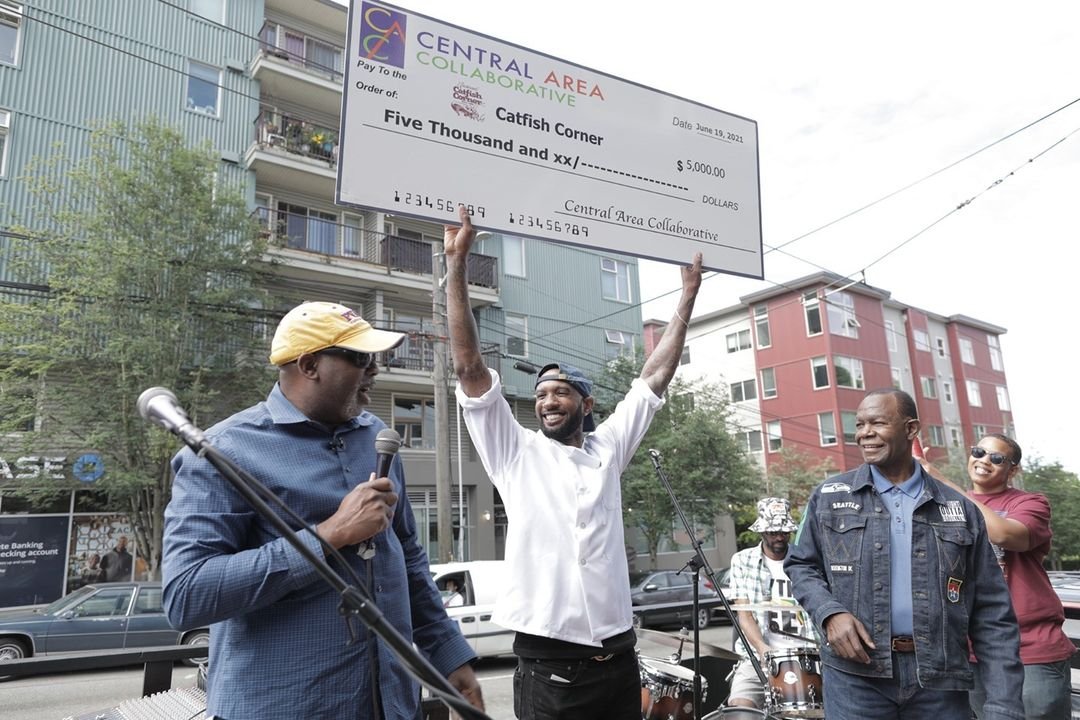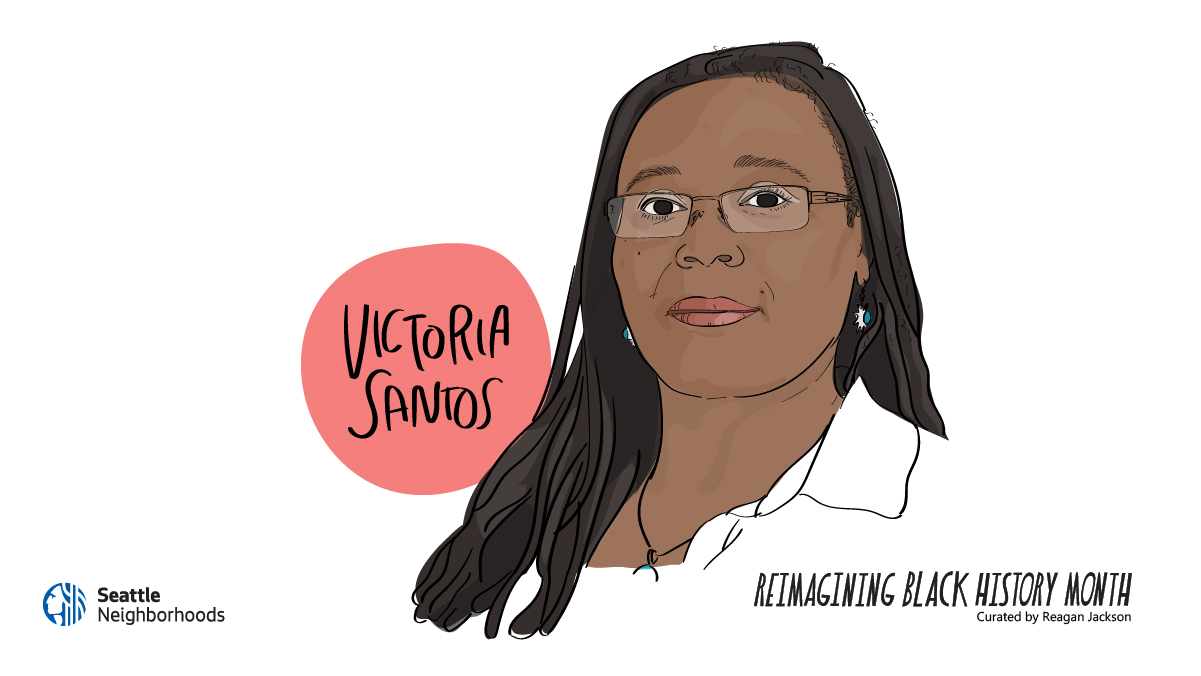
In celebration of Black History Month, we have invited community leader and activist, Reagan Jackson, to curate a series of community stories and profiles that both amplify the Black experience right now and imagine a new Black future in Seattle. Stories will be published throughout the month under #ReimaginingBlackHistoryMonth.
Victoria Santos is a Co-Founder of the BIPOC ED Coalition of Washington State, a multicultural, cross-sector collaborative of 200+ Black, Indigenous, and People of Color nonprofit leaders working in solidarity to promote wellness and restore resources in our region’s communities. She is also the Director of the Center for Healing and Liberation, a home for transformative work, committed to the thriving of BIPOC community members and the liberation of everyone.
Drawing on her lived experience, education, and training, Victoria works to advance racial healing and social justice in communities, organizations, institutions, and schools in the United States and internationally. Her work emphasizes intersectional awareness, individual and collective healing, and compassionate action.
We recently checked in with Victoria to ask her to reflect on her history, her thoughts on Reimagining Black History Month, her dreams for Black future in Seattle, and more.
Tell us a little about your story and the story of the BIPOC Ed Coalition.
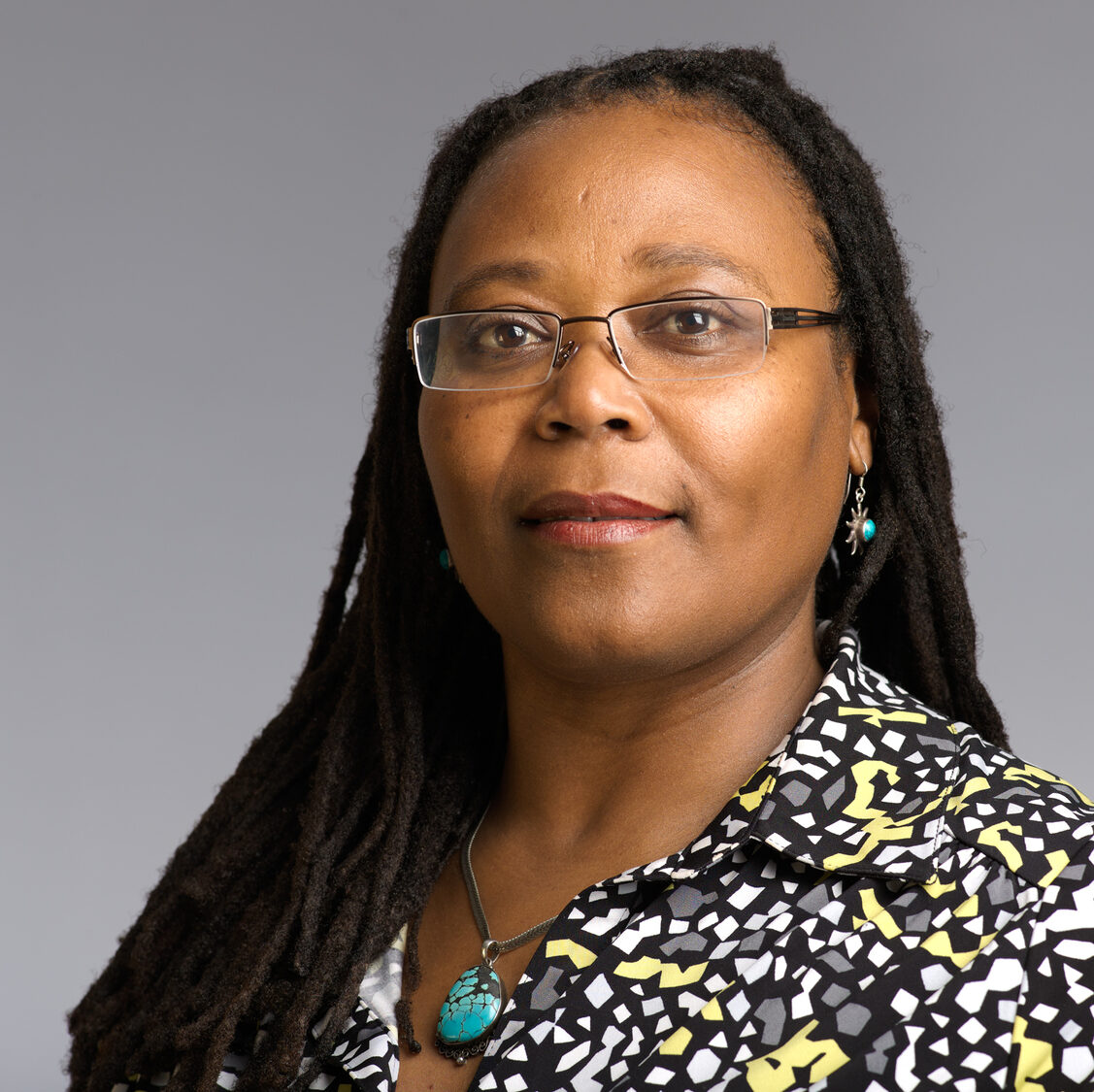
I was born in a rural village in the Dominican Republic and immigrated to the U.S. at age 11. My journey in this country started in the South Bronx and followed many paths that led me to the Pacific Northwest. Over decades of learning, community action, and healing, I have always been drawn to intersectional perspectives. It is clear to me, as an Afro-Caribbean woman and immigrant, that people’s stories and lives can’t be contained in single categories. There is power at the crossroads. I’m interested in the ways that justice and liberation work can say “yes, and…” in order to include our whole selves.
Bringing together healing and systems change, the personal and the collective, was central to our inspiration in launching the BIPOC ED Coalition in early 2020. After the murder of George Floyd, with COVID surging, people needed to connect. BIPOC nonprofit leaders around Washington State needed to express grief and anger, offer mutual support, and discuss the emergency response and justice work they were undertaking in their communities – with resources limited by chronic philanthropic redlining. This was of intense concern as we saw our communities slammed by connected inequities.
In that moment, an emergency call went out, organized by four BIPOC women leaders. From communities around the state, 150 Black and Brown leaders joined an initial virtual gathering to speak of their life and work. Out of that meeting, the Coalition took shape, and we are carrying forward the vision that systems change, philanthropic and legislative advocacy, healing, and well-being are not separate. We respond to structural inequity, and we respond to the multigenerational trauma that BIPOC folks carry in our bodies and minds. I’m inspired by our BIPOC leaders, and I’m inspired by the challenge of advancing this work in a way that centers our humanity.
What about your work brings you joy?
I find particular joy in cultivating spaces of healing and self-care in which BIPOC leaders can experience renewal, ease, and deep well-being. The Coalition offers a range of healing and wellness supports for BIPOC leaders, ranging from weekly meditation sessions (one of which I lead) to wellness workshops, one-month respite breaks, three-month sabbaticals, and other resources to support our well-being. Many people feel great relief when they enter a community space in which stress and exhaustion can be named, held with compassion, and met with practices and opportunities to help us reconnect with our vision and vitality.
I am deeply gratified to hear how valuable these healing practices and wellness spaces are for our BIPOC leaders, who give so much and carry so much responsibility in our communities.
How has your ancestry and lived history shaped you?
My life has been shaped in part by my Caribbean upbringing. In my birth village in the Dominican Republic, I grew up running barefoot, eating mangos, celebrating holidays, and listening to elders talk in the evening by candlelight.
African people were brought to the Dominican Republic by Spanish enslavers who murdered the Indigenous Taino people of this island that the Taino called Quisqueya. The brutality of colonialism, the distancing from Africa, and the relentless oppression all fed into a culture in which Black people were systematically taught, through politics, culture, media, and religion, to believe that Black was bad. The 20th-century dictator Trujillo pursued a systematic policy of Blanquismo intended to whiten the Dominican population. That oppression is one thread in my lived history, while another thread is the joy of my small community and the nourishment of the Yoruba/Santeria practices that transformed Catholic systems in order to keep African spirituality alive for our people. These dual realities are a familiar Diaspora story.
My journey has been one of learning and healing, and I am not only shaped by my lived history – I am shaping my life and making new history. This includes consciously drawing upon the strength, generosity, and wisdom of my ancestors, today. It includes a deep knowing that Blackness embodies spiritual beauty, life force, and goodness. Making time and space for practices of healing, compassion, and awareness has been central for me over the years. And throughout my life, many dear collaborators, teachers, and friends have opened doors and walked alongside me. From the moonlit nights of my childhood village to gathering with friends for meditation circles today, my lived history has been one of returning again and again to the power of community.
How would you like to see Black History Month reimagined?
Black history has been deliberately hidden. I look forward to the day when there is simply history – or herstory – that encompasses all the realities, and all the greatness of Black history, 365 days a year. To further reimagine Black History Month, we can expand our imagination to be clear that Black history includes the future. We honor both our ancestors and our descendants, and we carry power and healing within us that will benefit future generations.
What are your dreams for Black future in Seattle?
I envision a world in which Black people can rest. I envision a Seattle in which Black people experience nourishment, safety, community, equitable opportunity, and joy. I envision a Seattle in which Black people experience good health and healthcare, good food, clean air and water, good housing, and financial security. My dreams are of a thriving, healing-centered Black community that is equitably funded and supported, where we are living into our individual and collective liberation. I see a Black future in Seattle that is joyful and free.
Name a local individual or organization that you want to lift-up and celebrate and tell us why.
I celebrate the Black Future Coop Fund and their focus on uplifting Black-led solutions to build Black generational wealth, health, and well-being. The Black Future Co-op Fund connects Black people and communities across Washington to support each other in healing, sharing ideas, and building a common agenda for change.
